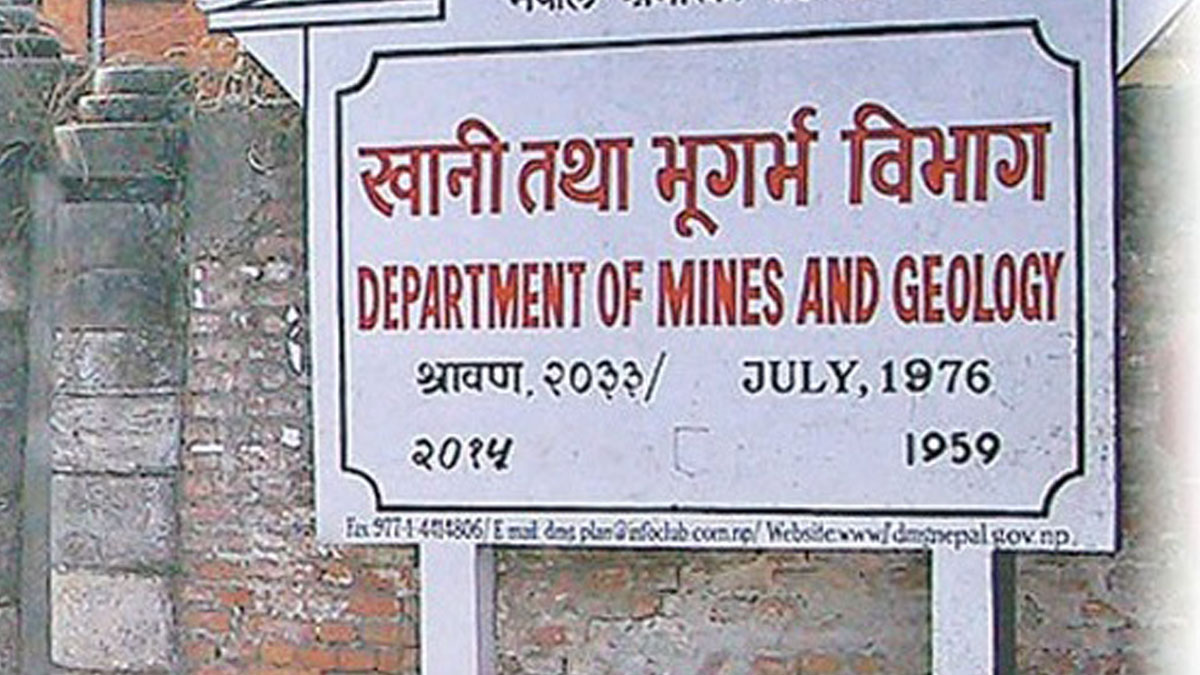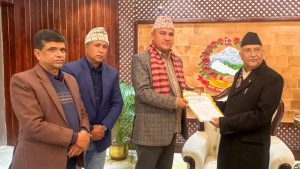
Nepal Grants Approval to 156 Mining Companies to Harness Mineral Resources

The Department of Mines and Geology (DMG) has granted approval to 156 mining companies for mineral extraction across the country.
This decision, made after thorough research and exploration, is geared towards harnessing the diverse range of minerals found within Nepal’s borders.
Jayraj Ghimire, the head of the Mineral Resources Division, revealed that the approvals were granted under the provisions of the Mining and Minerals Act of 2042 BS and the Mining and Minerals Rules of 2056 BS.
The 156 approved mining companies represent 17 different types, showcasing the diversity of minerals that Nepal holds.
Ghimire provided a breakdown of the approved companies and the minerals they are permitted to extract, including turmaline, talc, quartz, kyanite, marble, red oxide, iron, zinc, quartzite, magnesite, dolomite, and copper.
Notably, there has been a surge in applications for limestone mining. Consequently, the DMG has granted permission to 96 mining companies to extract limestone, a crucial raw material for cement production.
This aligns with the increased demand for cement driven by ongoing infrastructure projects, leading to the export of Nepali cement to various countries.
Ghimire explained, “The mining of limestone, an important raw material for cement, has increased due to a high demand for cement for the construction of new infrastructures.”
However, the department is not only focused on granting permissions but also on ensuring prompt and responsible operations.
Ghimire stated that permits of several companies failing to commence mining operations promptly are being revoked. This emphasizes the commitment to effective utilization of resources and discourages speculative practices in the mining sector.
The development marks a crucial step forward in the strategic utilization of Nepal’s mineral wealth to fuel economic growth and meet the demands of various industries.
The mining sector, with its diverse array of approved companies, is poised to play a vital role in the country’s development trajectory, contributing to economic prosperity and job creation.
The careful balance of permissions and revocations reflects the government’s commitment to responsible and sustainable resource management.












Comments